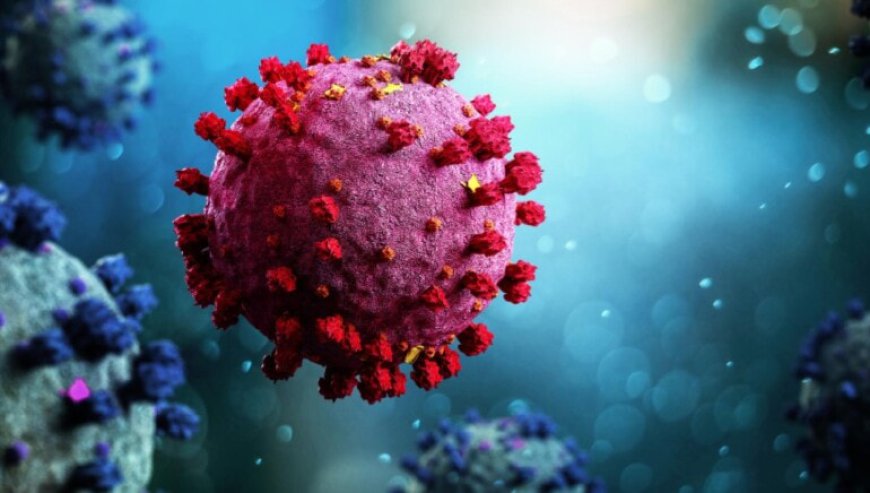Unveiling the JN.1 Twist: Is Kerala's Covid-19 Variant Posing a Menacing Threat to India?
Explore the latest on the JN.1 Covid-19 variant in Kerala, its origins, and potential threats. Learn about symptoms, expert insights, and crucial preventive measures. Stay informed to protect yourself and your community.

The emergence of the JN.1 Covid-19 variant in Kerala has raised concerns, prompting a closer look at its characteristics and potential impact on India. This sub-variant, descended from the BA.2.86 variant, exhibits specific mutations in its genetic structure, particularly in the spike protein. Dr. Ravi Shankerji Kesari, a General Physician, emphasizes the need for further investigation into the severity of illness and vaccine effectiveness against JN.1.
Symptoms of JN.1 Covid-19 Variant: Similar to the original COVID-19, symptoms associated with JN.1 include fever, cough, shortness of breath, fatigue, body aches, loss of taste or smell, sore throat, congestion, and gastrointestinal issues. Vigilance for any unique or severe symptoms related to this variant is crucial as new information becomes available.
Threat Assessment: Dr. Kesari suggests that the level of threat posed by the JN.1 variant is yet to be precisely determined. Initial assessments indicate potential alterations impacting transmissibility or immune response. However, the severity of illness and vaccine effectiveness against JN.1 require further investigation. India's prior experiences with COVID-19 waves, coupled with robust surveillance and healthcare systems, position the country to actively monitor and contain the spread of the variant.
Preventive Measures: To minimize transmission risks, adhering to preventive measures remains pivotal. Key recommendations include timely vaccination and adherence to booster shot guidelines, consistent mask usage in crowded spaces, frequent hand hygiene, social distancing, avoidance of crowded areas, immediate testing upon experiencing symptoms or exposure, early isolation if tested positive, and special precautions for vulnerable groups like the elderly and children.
Conclusion: Staying updated with local health advisories and complying with regulations are crucial in curbing transmission, especially in high-risk areas or during outbreaks. As the situation evolves, staying informed and following recommended preventive measures will play a crucial role in collectively overcoming the challenges posed by the JN.1 Covid-19 variant in Kerala and beyond.







